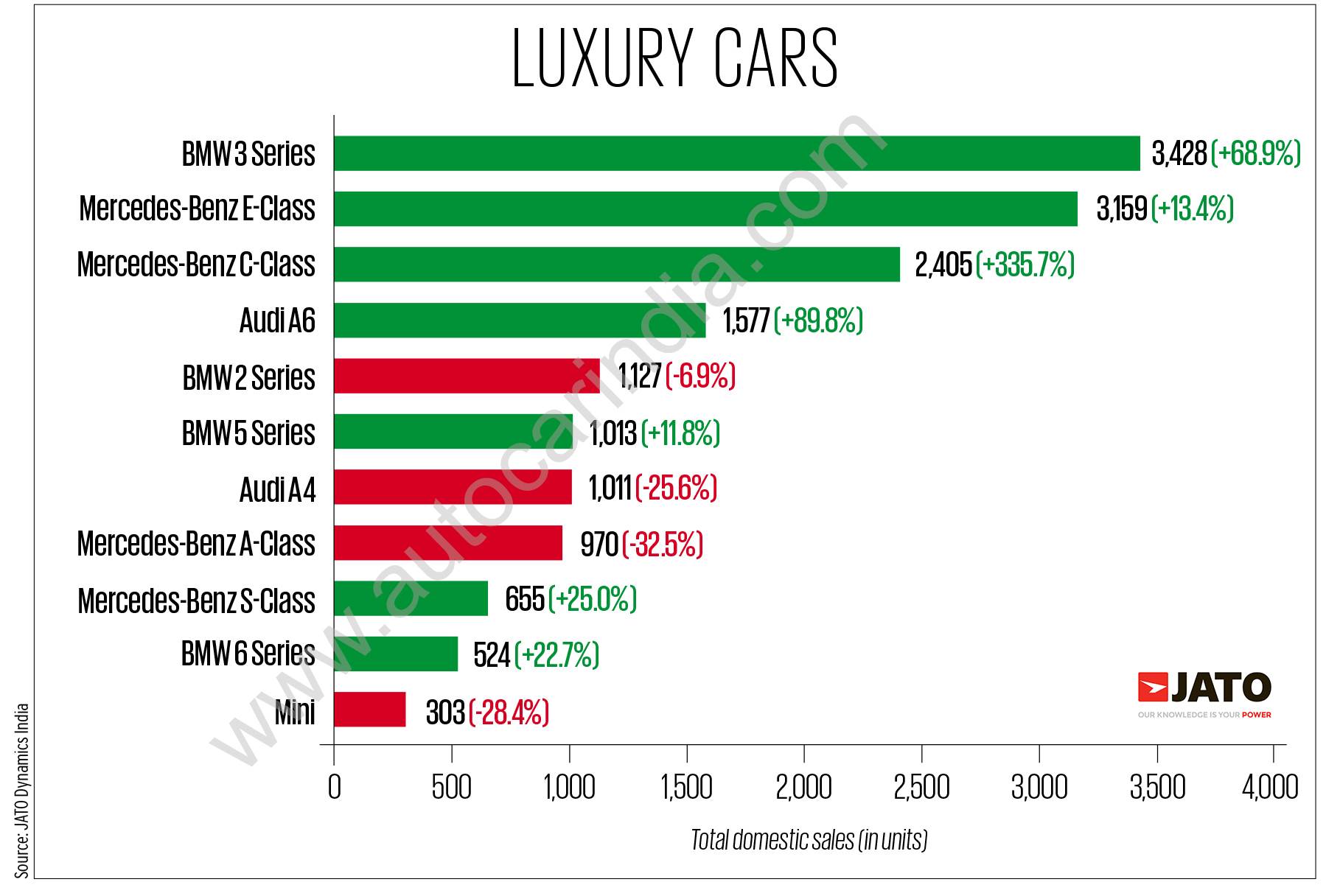European Energy Market: Solar Power Oversupply Causes Price Collapse

Table of Contents
The Surge in Solar Power Installations
The rapid growth of solar power capacity across Europe is undeniable. This surge is driven by a confluence of factors, including dramatically declining technology costs, supportive government policies under the banner of the EU Energy Policy and national renewable energy targets, and a growing public awareness of the urgency of climate change. The EU Green Deal, with its ambitious targets for renewable energy integration, has acted as a powerful catalyst.
- Significant increase in solar panel manufacturing capacity: Particularly in Asia, mass production has driven down the cost of solar panels, making them increasingly competitive.
- EU Green Deal and national renewable energy targets: These policies provide incentives and mandates for renewable energy adoption, accelerating the deployment of solar power.
- Falling solar panel prices: The decreasing cost of solar panels has made installations increasingly affordable for both residential and commercial consumers.
- Increased consumer adoption: Rising electricity prices and growing environmental concerns have spurred consumer demand for solar energy solutions, further fueling the growth.
Impact on Wholesale Electricity Prices
The influx of solar power into the European energy market has significantly impacted wholesale electricity prices. The oversupply, particularly during peak sunlight hours, has led to a decline in demand for conventional energy sources like coal and gas. This situation creates a challenging environment for energy producers and traders.
- Oversupply of solar power during peak sunlight hours: When the sun shines brightly, solar power generation often exceeds immediate demand, leading to a surplus.
- Reduced demand for conventional energy sources: Traditional power plants are forced to reduce operations or even shut down during periods of high solar power output.
- Pressure on wholesale electricity prices: This surplus depresses prices in the wholesale market, impacting the profitability of traditional power plants and energy companies.
- Increased competition in the energy market: The rise of solar power intensifies competition, forcing traditional players to adapt or face financial strain.
Challenges for Conventional Energy Producers
The reduced demand for electricity from conventional sources poses significant challenges for coal, gas, and nuclear power plants. This transition is forcing a difficult adjustment across the energy sector.
- Reduced operational hours for fossil fuel power plants: Traditional plants are often forced to operate at reduced capacity or remain idle during periods of high solar energy production.
- Financial strain on energy companies reliant on traditional power generation: Reduced profitability and increased competition threaten the financial viability of companies invested in conventional energy sources.
- Potential job losses in the conventional energy sector: As traditional plants operate less, there's a risk of job losses in mining, power generation, and related industries.
- Need for a strategic energy transition: A smooth transition to a more diversified energy mix requires careful planning, investment in new technologies, and support for affected workers.
Opportunities and Challenges for the Future
Managing the solar power oversupply requires innovative solutions and strategic investments. Addressing this challenge will unlock the full potential of solar energy while ensuring grid stability.
- Investment in energy storage technologies: Batteries and pumped hydro storage are crucial for storing excess solar energy and releasing it during periods of low generation.
- Development of smart grids: Modernizing grid infrastructure is essential for efficient management of fluctuating renewable energy supplies and optimized energy distribution.
- Cross-border electricity trading: Facilitating the exchange of electricity across national borders can help balance supply and demand across the European Union.
- Policies promoting demand-side management: Encouraging energy efficiency and shifting energy consumption patterns can help reduce peak demand and better integrate variable renewables.
Geopolitical Implications
The shift towards solar power has significant geopolitical implications for Europe. Increased reliance on domestically produced energy enhances the continent's security and independence.
- Reduced reliance on fossil fuel imports from geopolitical rivals: A decrease in reliance on fossil fuels reduces Europe's vulnerability to geopolitical instability and price volatility in global energy markets.
- Increased energy independence and resilience for European nations: Greater self-sufficiency in energy production strengthens Europe's energy security.
- Potential for disputes over electricity exports and trade: Increased solar power generation might lead to conflicts over cross-border electricity flows and trading agreements.
- Need for robust regulations and international cooperation: Effective regulations and international collaboration are crucial for managing the complexities of a rapidly changing energy landscape.
Conclusion
The European energy market's transformation, driven by a solar power oversupply leading to a price collapse, presents both challenges and opportunities. While this situation creates difficulties for conventional energy producers, it also signifies a substantial step towards a cleaner, more sustainable energy future. Addressing grid management and energy storage is paramount to harnessing solar energy's potential and preventing future price volatility. Staying informed on the evolving dynamics of the European energy market and the implications of solar power oversupply is vital for navigating this complex transition. Learn more about the impact of renewable energy sources and the challenges of energy transition by exploring further resources.

Featured Posts
-
 Massive Price Increase Broadcoms V Mware Deal Faces Opposition From At And T
Apr 29, 2025
Massive Price Increase Broadcoms V Mware Deal Faces Opposition From At And T
Apr 29, 2025 -
 Nyt Spelling Bee Solution February 28 2025 Find The Spangram Here
Apr 29, 2025
Nyt Spelling Bee Solution February 28 2025 Find The Spangram Here
Apr 29, 2025 -
 State Of Emergency Louisville Faces Tornado Damage And Widespread Flooding
Apr 29, 2025
State Of Emergency Louisville Faces Tornado Damage And Widespread Flooding
Apr 29, 2025 -
 The China Market Challenges And Opportunities For Premium Car Manufacturers Like Bmw And Porsche
Apr 29, 2025
The China Market Challenges And Opportunities For Premium Car Manufacturers Like Bmw And Porsche
Apr 29, 2025 -
 Louisville Residents Submit Storm Damage Debris Removal Requests
Apr 29, 2025
Louisville Residents Submit Storm Damage Debris Removal Requests
Apr 29, 2025
